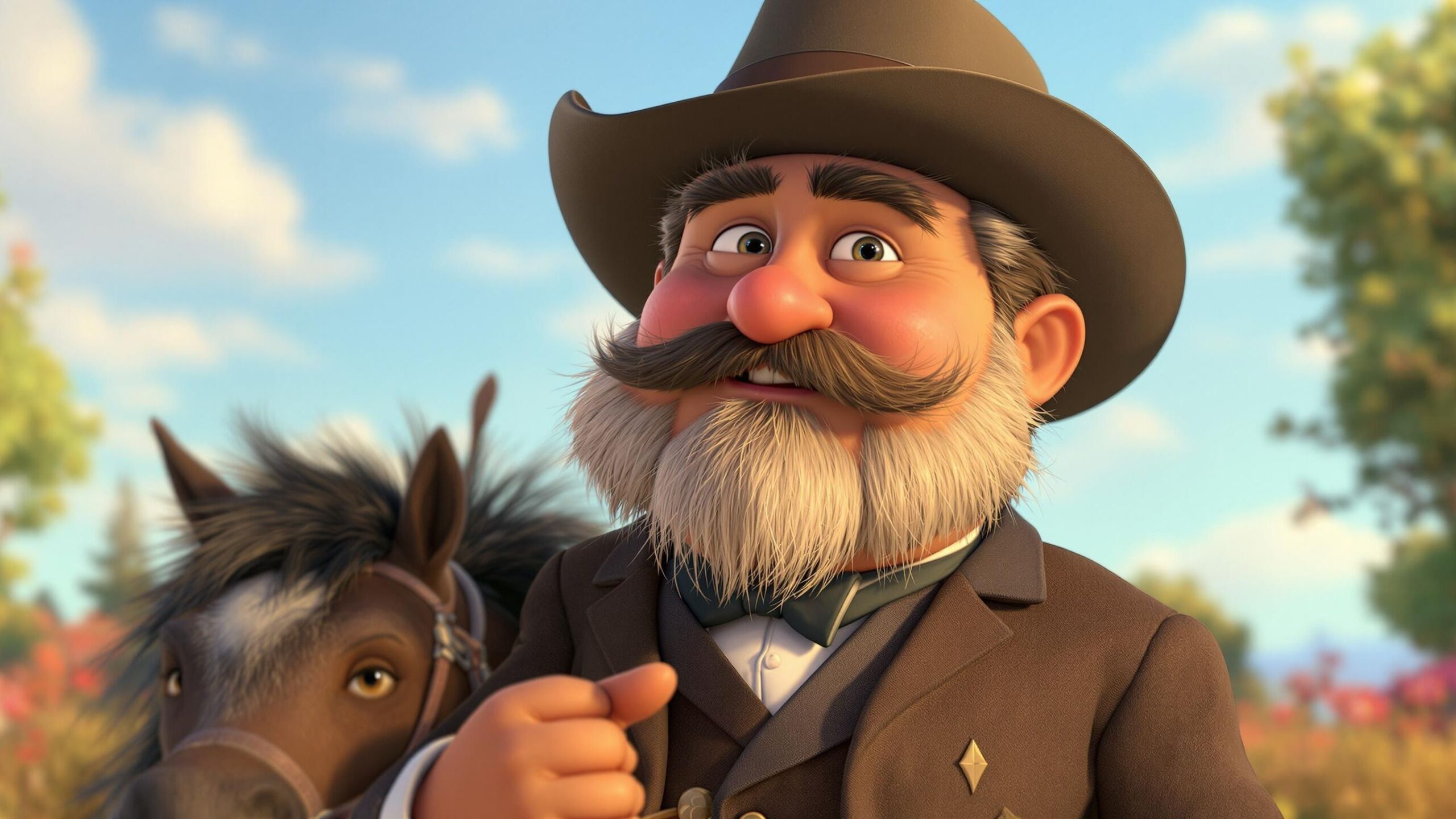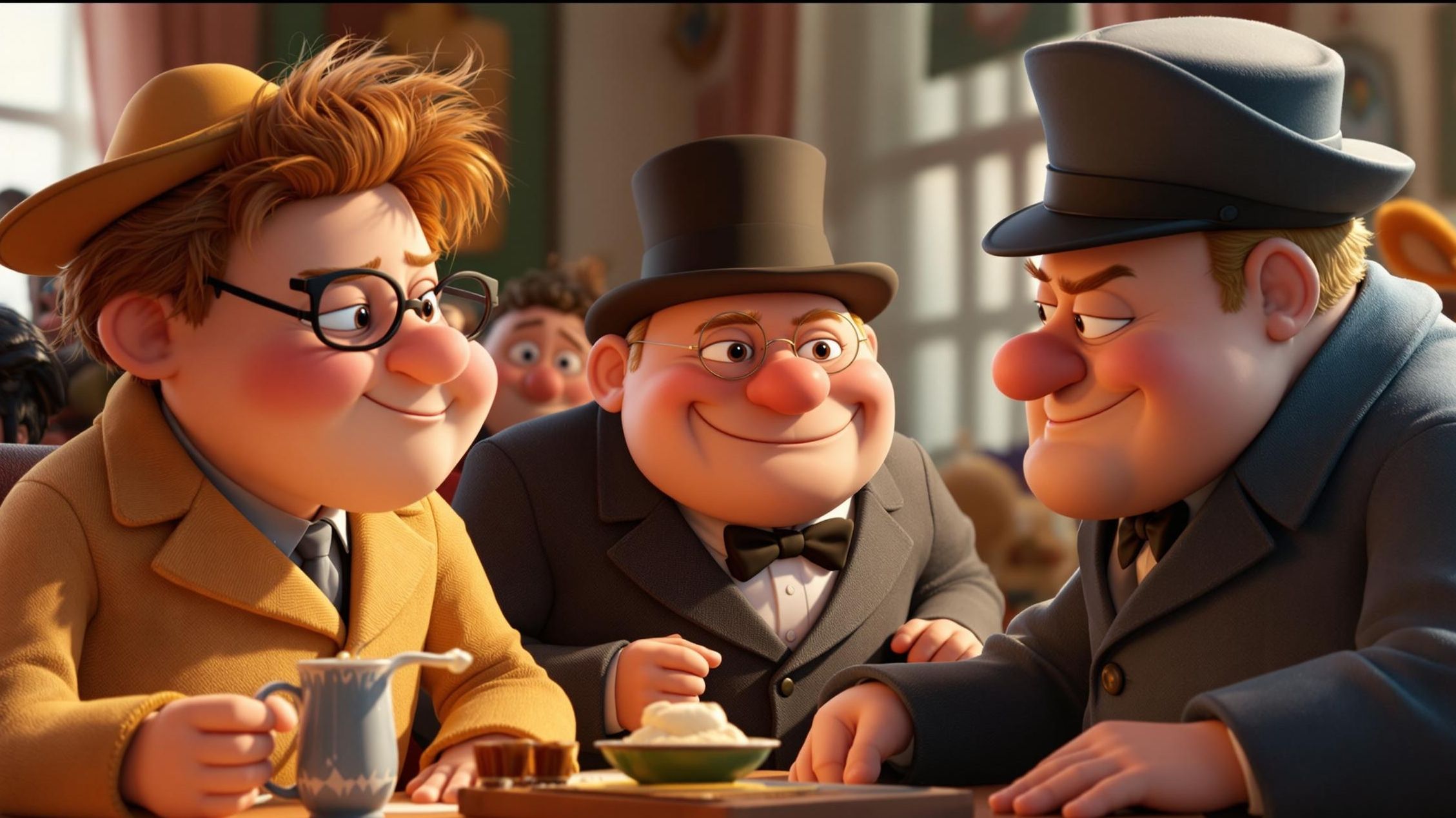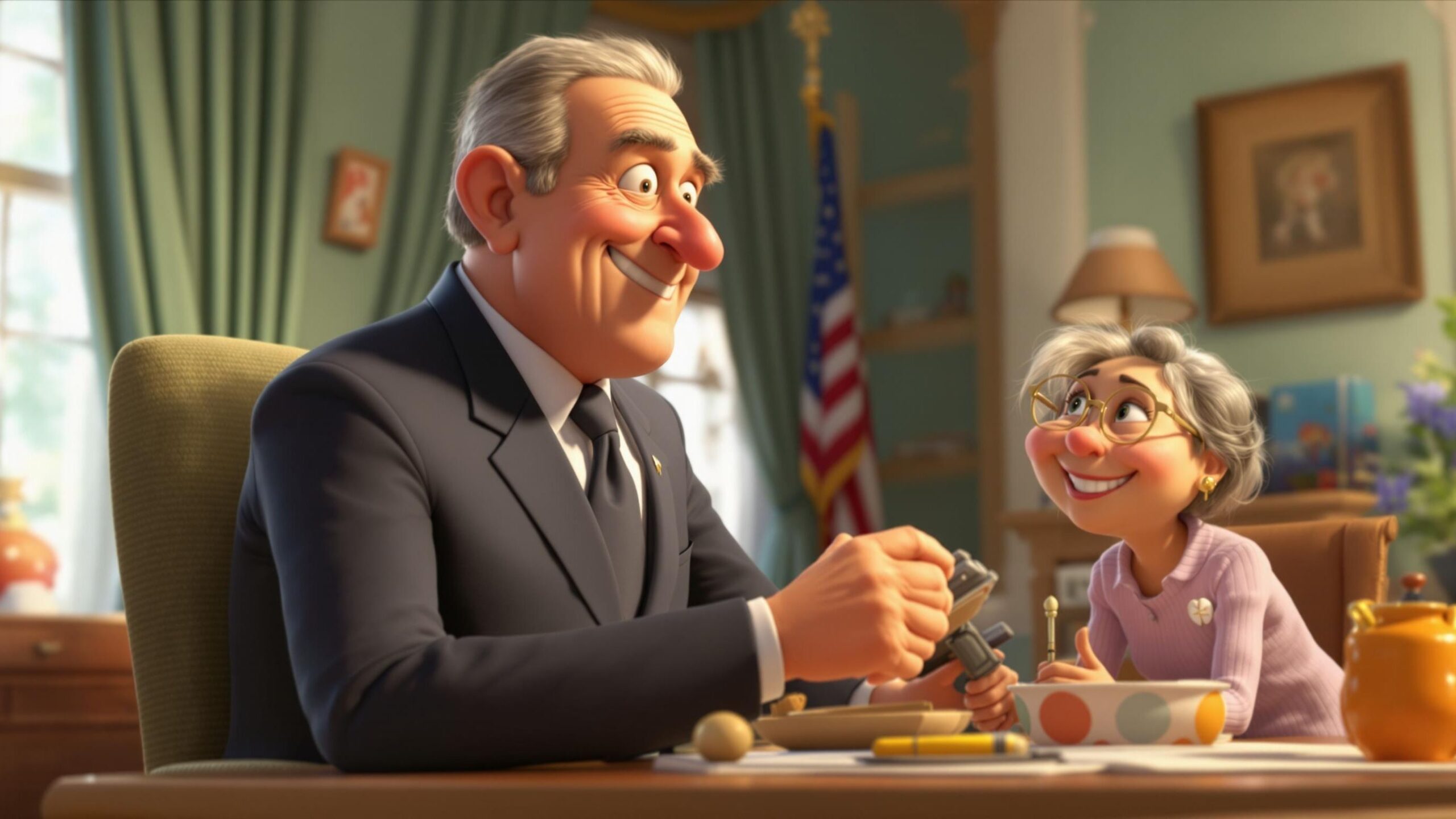Born into Struggle, Built for Greatness
Before he became a cowboy president, before he led a cavalry charge into the pages of history, before he gave speeches with bullets in his chest and a fire in his belly, Theodore Roosevelt was a sickly child with asthma, weak eyesight, and a determination that could crush steel. Born into privilege but plagued with physical frailty, young Theodore wasn’t expected to become a rugged warrior or a tireless reformer. But Teddy Roosevelt was never one to follow expectations. Instead, he made them. What made Theodore Roosevelt so unique wasn’t just his relentless energy or his prolific accomplishments—it was the leadership mindset he forged through hardship, curiosity, and sheer willpower. Roosevelt didn’t wait for the world to hand him power—he rode straight into the storm, rough-riding his way to influence with a grin, a growl, and a code of action-first leadership. His secrets weren’t found in boardrooms or textbooks—they were learned on battlefields, in forests, at ranches, and on the campaign trail. Let’s saddle up and unpack the bold, brawny, and brilliant leadership secrets behind the Rough Rider mentality.
Turn Weakness into Weapon
Roosevelt’s first battle was with his own body. As a boy, he struggled with asthma so severe that he once described it as feeling like he was being smothered to death. But rather than surrender to sickness, he turned his convalescence into a challenge. With the encouragement of his father, he began lifting weights, boxing, running, and embracing physical hardship with joy. He called it “the strenuous life,” and it became his personal creed. This wasn’t just about muscles. It was about mindset. Roosevelt learned early that discipline, determination, and discomfort weren’t things to avoid—they were the forge of greatness. And this belief would define every chapter of his life. When leaders face obstacles, Roosevelt’s first secret is clear: don’t retreat—retrain. Turn your liabilities into fuel. Whether it’s fear, failure, or fatigue, use it as a ladder, not a wall.
Lead from the Front, Not the Balcony
When the Spanish-American War broke out in 1898, Roosevelt was Assistant Secretary of the Navy, a cushy post that kept him comfortably behind a desk. Most men in his position would have stayed there. Roosevelt? He resigned. He wanted to fight. He helped form the First U.S. Volunteer Cavalry—soon to be known as the Rough Riders—and led a diverse group of cowboys, college athletes, Native Americans, and outlaws into battle. At the famous charge up San Juan Hill, Roosevelt didn’t send orders from the rear—he galloped to the front, sword drawn, yelling, rallying, charging. This wasn’t theater. This was who he was. Roosevelt knew true leadership wasn’t about command—it was about courage. You earn loyalty by bleeding with your team. You inspire others not by pointing the way, but by being the first to march down it. He returned a war hero, and America saw in him the embodiment of action.
Speak Softly, But Carry a Big Vision
Roosevelt’s famous phrase—“Speak softly and carry a big stick”—wasn’t just about foreign policy. It was a life philosophy. He believed in listening before acting, but acting with overwhelming purpose once the moment called for it. He didn’t posture. He didn’t bluster. But when the time came to lead, he did so with clarity, conviction, and force. As President, he cracked down on corruption, took on massive monopolies, and established the modern regulatory state. He didn’t need to scream. His actions roared. Whether it was protecting consumers with the Pure Food and Drug Act or breaking up corporate giants with antitrust laws, Roosevelt led with bold ideas and unstoppable momentum. His secret? Don’t waste time trying to sound powerful. Be powerful. Let results do the talking. When you live with integrity and lead with purpose, your presence is louder than any speech.
Relentless Curiosity is a Superpower
Teddy Roosevelt didn’t just wrestle politics—he wrestled nature, knowledge, and everything in between. He read a book a day, spoke multiple languages, wrote over thirty volumes himself, and studied everything from ornithology to boxing. To Roosevelt, a curious mind was a dangerous one—in the best way. It meant being flexible, adaptable, and always expanding your strategic lens. He didn’t rely solely on instinct; he sharpened his intellect like a weapon. As a result, he could speak to anyone—cowboys and kings, hunters and historians—and command respect from all. Great leaders don’t just act—they absorb. They question. They evolve. Roosevelt’s mind was always galloping, always hungry, always open. His insatiable curiosity fueled innovation and informed every decision he made. His Rough Rider mentality wasn’t just brawn. It was brain.
Use Failure as a Firing Pin
Roosevelt knew the sting of defeat. In 1884, just hours apart, his wife and mother died on the same day. Devastated, he left politics and retreated to the Badlands of North Dakota, where he lived as a rancher and cowboy. He hunted bison, chased outlaws, and lived through blistering winters. But he didn’t go there to escape—he went to rebuild. Later, in 1912, after serving as president, he ran for a third term under a new party, the Progressive “Bull Moose” Party. He lost. But instead of disappearing, he traveled to South America and led a harrowing expedition through the uncharted River of Doubt, nearly dying from infection and exhaustion. He turned defeat into discovery. Roosevelt’s lesson? Don’t fear failure. Embrace it as part of your legend. Each fall was a setup for an even more epic rise.
Put Country Above Comfort
Roosevelt’s patriotism wasn’t performative—it was primal. He believed in a country where citizens lived fully, worked honestly, and gave back relentlessly. His speeches were electrifying not because they were polished, but because they were powered by passion. He believed the health of a nation depended on the spirit of its people. That’s why he championed national parks, fought for workers’ rights, and built up the Navy—not for applause, but for progress. When he saw inequality, he confronted it. When he saw complacency, he challenged it. And when others put party above principle, he broke the mold. His “Square Deal” promised fairness for all. And it wasn’t just policy—it was a promise. One that he backed with action, sweat, and integrity.
Legacy is Built in the Wild
Some leaders leave behind buildings. Roosevelt left behind wilderness. As president, he created five national parks, 150 national forests, 51 federal bird reserves, and protected over 230 million acres of public land. Why? Because he believed nature shaped character—and character shaped nations. He wasn’t interested in short-term wins. He thought in centuries. The idea that future generations might hike the same trails, see the same bison, breathe the same air—that mattered to him. He saw the outdoors not just as recreation, but as revelation. The Rough Rider mentality demands that we build legacies bigger than ourselves. Roosevelt’s conservation efforts weren’t just ecological—they were spiritual leadership in action.
Never Stop Fighting the Good Fight
Even into old age, Roosevelt remained a force of nature. After being shot in the chest while giving a speech in 1912, he refused medical attention until he finished talking. “It takes more than that to kill a Bull Moose,” he said. The crowd erupted. And then, finally, he went to the hospital. He didn’t need the presidency to lead. His entire life was a declaration: live large, fight fair, and stand for something. Roosevelt wasn’t perfect—he was impulsive, aggressive, and sometimes too eager for glory. But he was also honest, courageous, and deeply committed to the American spirit. He never stopped advocating for justice, fairness, and progress—even when it cost him dearly. His final years were filled with writing, reflection, and campaigning for the next generation to carry the torch. He died in 1919, and his son said, “The old lion is dead.” But what a roar he left behind. Ride Hard, Lead Bold, Live Large Theodore Roosevelt wasn’t just a president. He was a living, breathing storm of determination. He punched life in the face, embraced challenge like an old friend, and led with a fire that made others believe again. The Rough Rider mentality isn’t about toughness for toughness’ sake. It’s about relentless motion. It’s about waking up early, working harder, and loving your country so deeply that you sweat for it, speak for it, and sacrifice for it. It’s about reading voraciously, fighting ferociously, and laughing loudly. It’s about living the strenuous life with honor, courage, and an unshakable sense of purpose. So, if you’re ever feeling unsure—if you wonder whether you have what it takes to lead, to endure, to stand tall in the face of adversity—channel your inner Roosevelt. Saddle up. Grit your teeth. Charge the hill. Because leadership, as Teddy taught us, isn’t about titles or privilege. It’s about action. It’s about integrity. It’s about daring to be the Rough Rider in a world full of watchers. And above all—it’s about riding, always, toward something greater than yourself.




